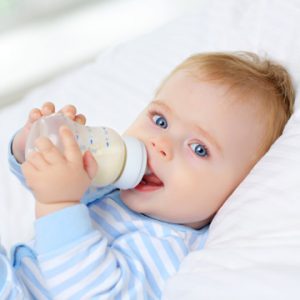 Bloomsburg, Danville, and Lewisburg, PA
Bloomsburg, Danville, and Lewisburg, PA
When you think about getting cavities or tooth decay, you probably don’t associate this common oral disease with babies. But, baby bottle tooth decay can affect babies as their primary teeth erupt, and if the parent or caregiver isn’t taking care of the baby’s teeth and gums. Family dentists in Bloomsburg, Drs. David and Joel Hamilton want to share valuable information with you on what baby bottle tooth decay is, how to prevent it, and what to do if you think that your child has it.
What is baby bottle tooth decay?
Just like older children and adults alike, infants can develop tooth decay. Many people do not believe that baby’s need oral hygiene, like having their teeth brushed, but they do. Baby bottle tooth decay develops as a result of putting your baby to bed with a bottle of milk (formula or pumped breast milk). This allows the baby’s teeth to be bathed in milk, which contains sugars that fuel cavity-causing bacteria and leads to tooth decay. It most often affects the front teeth, although any of your child’s teeth may be affected. It doesn’t just occur while your baby is sleeping either. Of course, your baby has to drink milk at various points throughout the day, but doing so without taking proper care of their teeth could lead to tooth decay.
Why is baby bottle tooth decay a big deal?
Your child will lose their baby teeth as they get a little older, but that doesn’t mean those primary teeth aren’t important. They serve a vital purpose in your child’s development. Otherwise, they wouldn’t be there in the first place. Baby teeth allow your child to eat a proper diet, articulate speech and build confidence as they will notice other children their age with teeth. Without their primary teeth, your child may suffer from a nutritional deficiency, and become embarrassed from not being able to speak well enough to be understood.
It isn’t just the bottle to blame
While allowing your baby to drink milk from a bottle throughout the day and night, without taking proper care of their teeth and gums may lead to cavities, so can other things. Cavity-causing bacteria can easily pass from one person to another. Avoid sharing eating utensils or drinks with your child. Also, if your child’s bottle or pacifier falls onto the floor, clean it with a wipe or rinse it off in the sink with mild soap and water instead of cleaning it with your mouth. Otherwise, you could risk spreading cavity-causing bacteria to your baby.
Protect your child’s teeth against tooth decay
Preventing baby bottle tooth decay starts with good oral hygiene. There are several steps you can take to protect your child from developing cavities, or at least reduce their risk substantially. For starters, don’t put your baby to bed with a bottle of milk. Also, clean your baby’s teeth and gums twice a day, and after their last feeding using an age-appropriate toothbrush and toothpaste. Avoid using anything containing fluoride until your child is old enough not to swallow it, and knows how to spit it out. Around your child’s first birthday, schedule a visit at the dentist for a checkup. Prevention is the best approach when protecting your child against oral diseases. During these twice-yearly checkups, we can detect any potential problems that can be addressed during the early stages, instead of waiting until they become bigger issues affecting your child’s oral health or overall well-being.
Oral hygiene habits should be learned early, beginning during infancy. If you would like to learn more ways to protect your child’s oral health, just call Hamilton Dental Care at (570) 387-0533. We welcome patients of all ages from Bloomsburg, Danville, and Lewisburg.
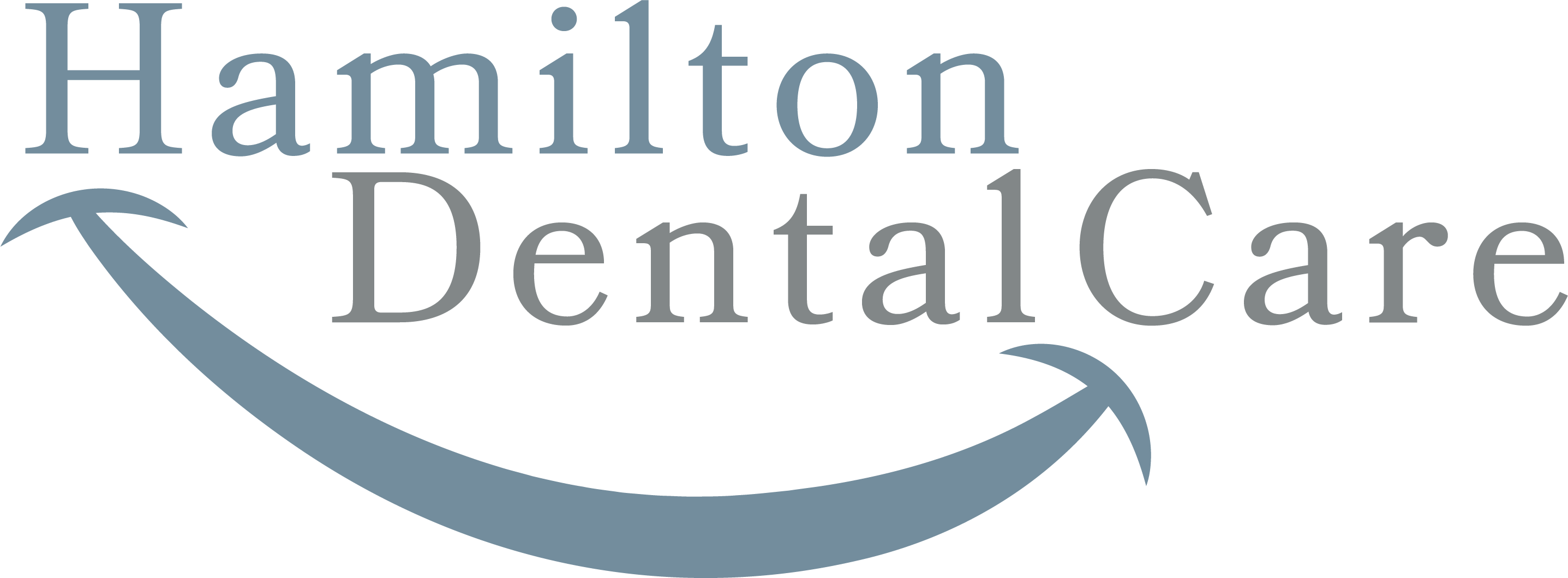


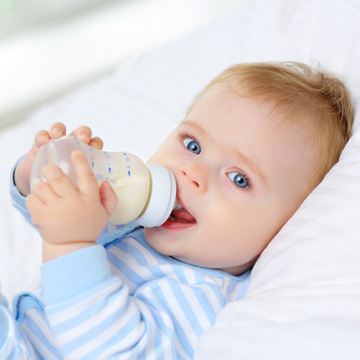
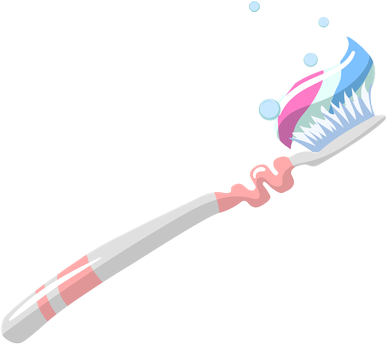
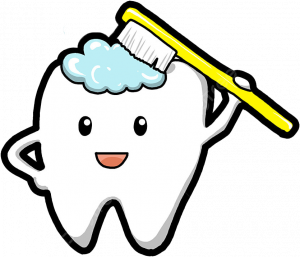

Comments are closed